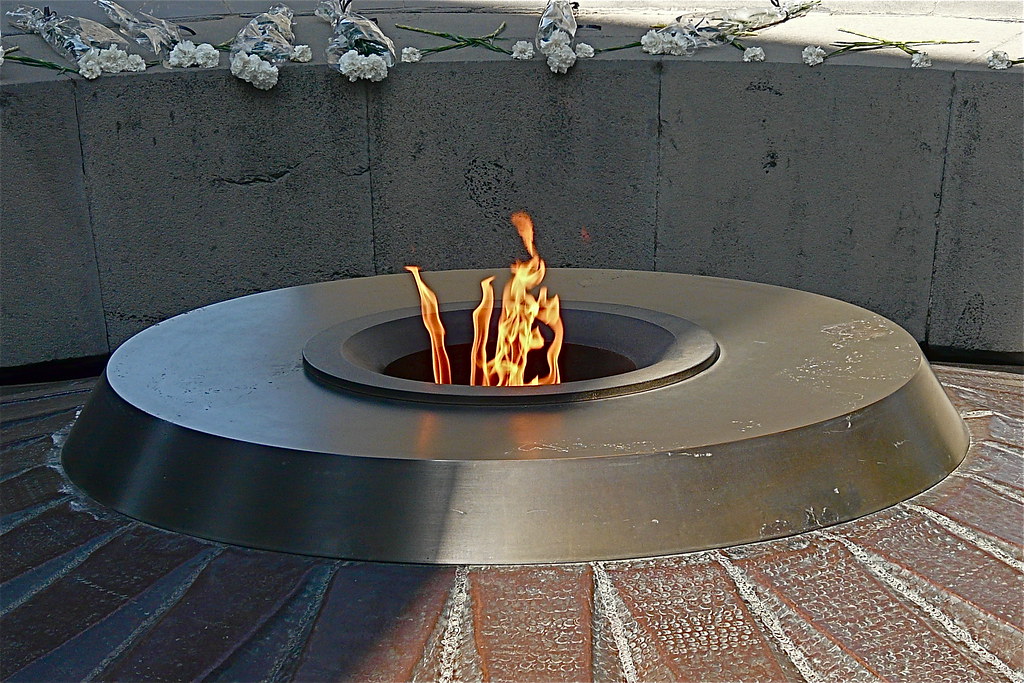What happened to the Armenian people inspired Raphael Lemkin to fight to make genocide a crime
It started with deportations. On April 24, 2915, intellectuals and other leaders were rounded up and deported. Over the next two years, between 600,000 and 1.5 million people were killed.
Sometimes called the first genocide of the twentieth century, the Armenian genocide refers to the physical annihilation of Armenian Christian people living in the Ottoman Empire from spring 1915 through autumn 1916.
he origin of the term genocide and its codification in international law have their roots in the mass murder of Armenians in 1915–16. Lawyer Raphael Lemkin, the coiner of the word and later its champion at the United Nations, repeatedly stated that early exposure to newspaper stories about Ottoman crimes against Armenians was key to his beliefs about the need for legal protection of groups (a core element in the UN Genocide Convention of 1948).
The victims of the Armenian genocide include people killed in local massacres that began in spring 1915; others who died during deportations, under conditions of starvation, dehydration, exposure, and disease; and Armenians who died in or en route to the desert regions of the southern Empire [today: northern and eastern Syria, northern Saudi Arabia, and Iraq]. In addition, tens of thousands of Armenian children were forcibly removed from their families and converted to Islam.
The United States Holocaust Museum
As we reflect on the Armenian genocide, we renew our pledge to remain vigilant against the corrosive influence of hate in all its forms. We recommit ourselves to speaking out and stopping atrocities that leave lasting scars on the world. And, as we mourn what was lost during the Meds Yeghern, let us redouble our efforts toward healing and building the better, more peaceful world that we wish for our children. A world where human rights are respected, where the evils of bigotry and intolerance do not mark our daily lives, and where people everywhere are free to pursue their lives in dignity and security.
President Joe Biden’s official statement on Armenian Remembrance Day
Let’s work together to make sure the American government lives up to this promise.

